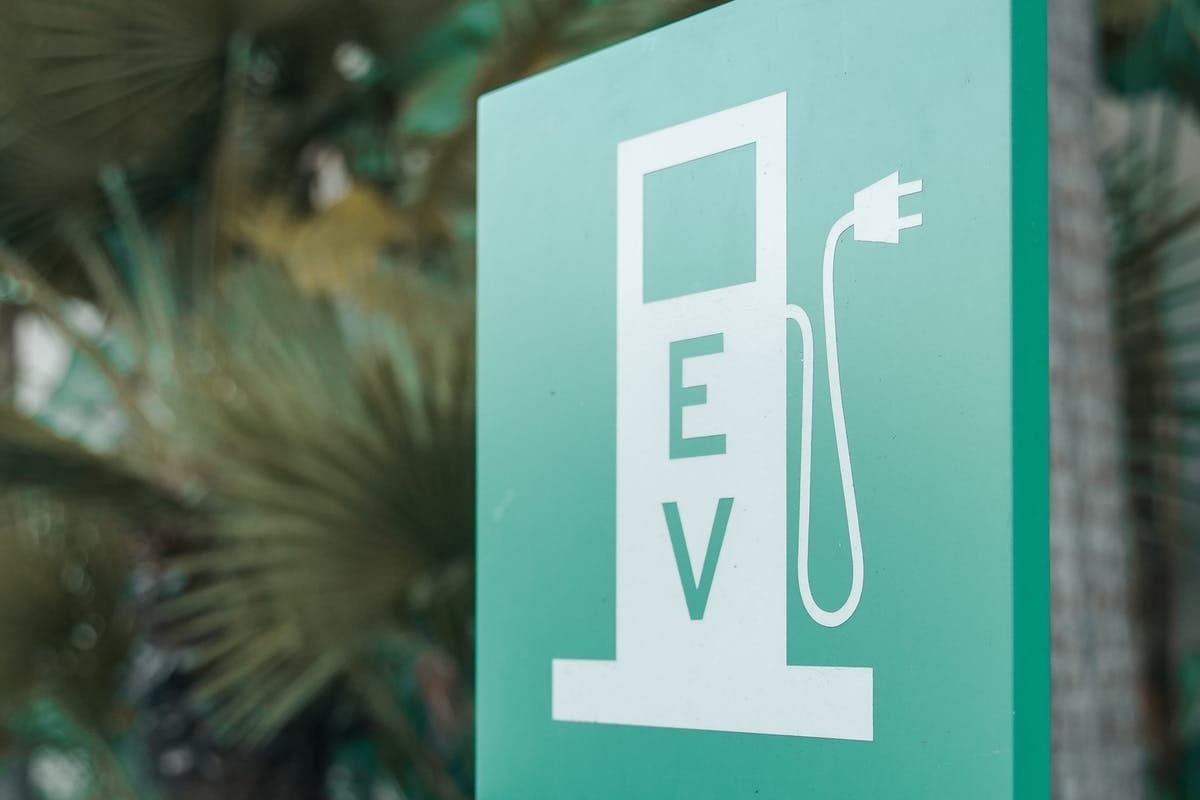The share of EV in the total sales of vehicles in the country is less than 10 percent. Gadkari said in a conference that it is important to increase the sales of EV as an alternative to petrol and diesel vehicles. He said, “We import fossil fuel worth about Rs 22 lakh crore. This is a big economic challenge. This import of fossil fuel is causing a lot of problems in our country.”
India is the third largest automobile market in the world after America and China. Despite this, the number of EVs in the country is low. However, the trend of decline in international sales of EV is not visible in India. Between January and November this year, EV sales in the country have increased by about 30 percent. Recently, a report said that to meet the demand for public charging for EVs in the country, a capital expenditure of about Rs 16,000 crore is required by 2030. Measures have also been taken by the Central Government to promote EV. This information was given in the FICCI EV Public Charging Infrastructure Roadmap 2030 report.
To increase the sales of EV, recently the Central Government has approved two schemes worth Rs 14,335 crore. It aims to promote EVs including buses, ambulances and trucks and reduce pollution. These schemes include PM Electric Drive Revolution in Innovative Vehicle Enhancement (PM E-DRIVE) and PM-eBus Sewa-Payment Security Mechanism (PSM). There will be an allocation of approximately Rs 10,900 crore for PM E-DRIVE and approximately Rs 3,435 crore for PSM. PM E-DRIVE can be very helpful in reducing pollution. Under this scheme, subsidies/demand incentives worth Rs 3,679 crore will be made available for electric two-wheelers, electric three-wheelers, electric ambulances and electric trucks.
Gadgets 360 for the latest tech news, smartphone reviews and exclusive offers on popular mobiles. Android Download the app and follow us Google News Follow on.
Electric Vehicles, Manufacturing, Demand, Battery, Market, Sales, Government, Subsidy, Petrol, Import, Employment, Diesel, America, Prices



